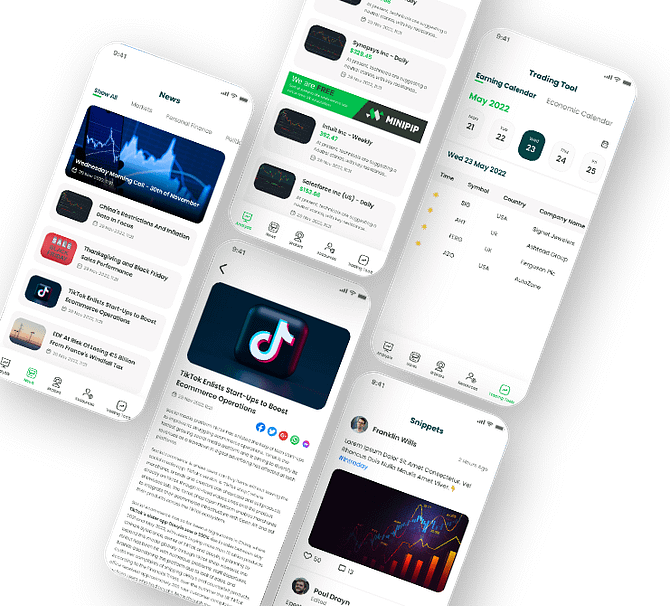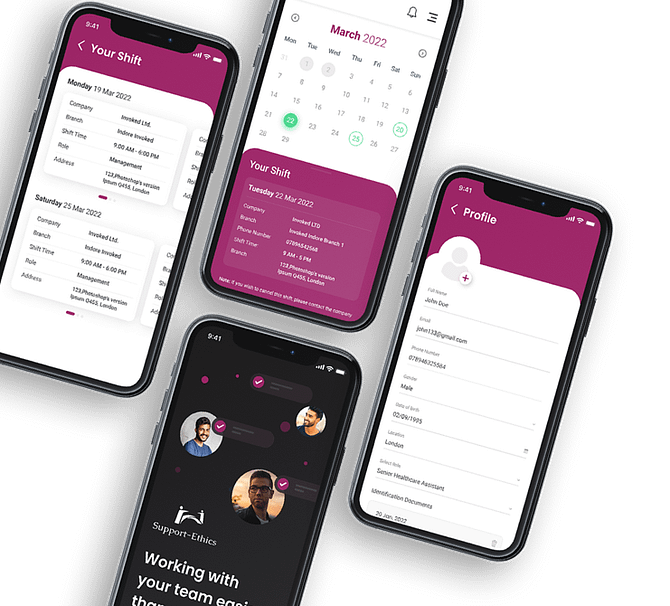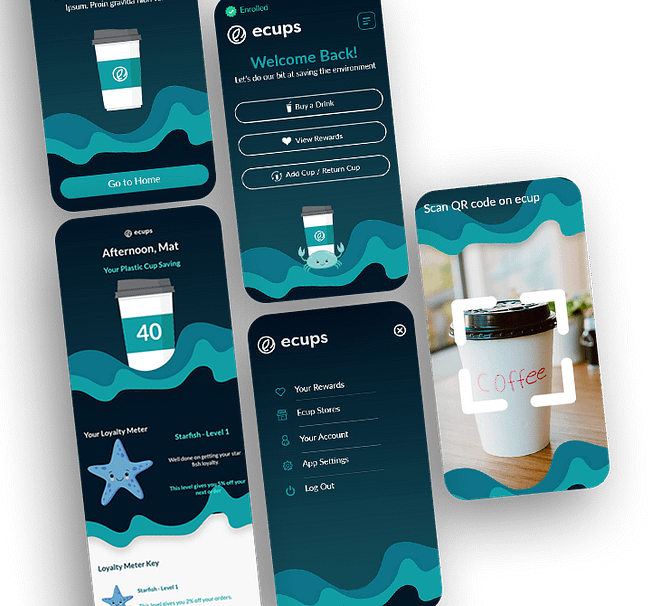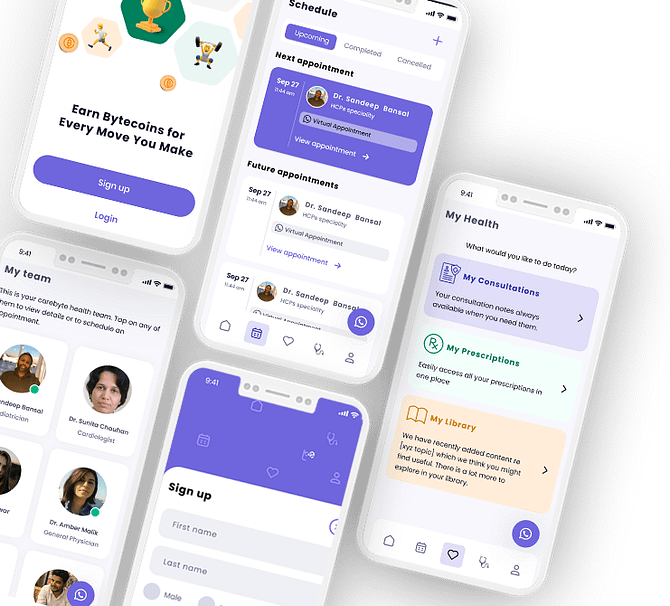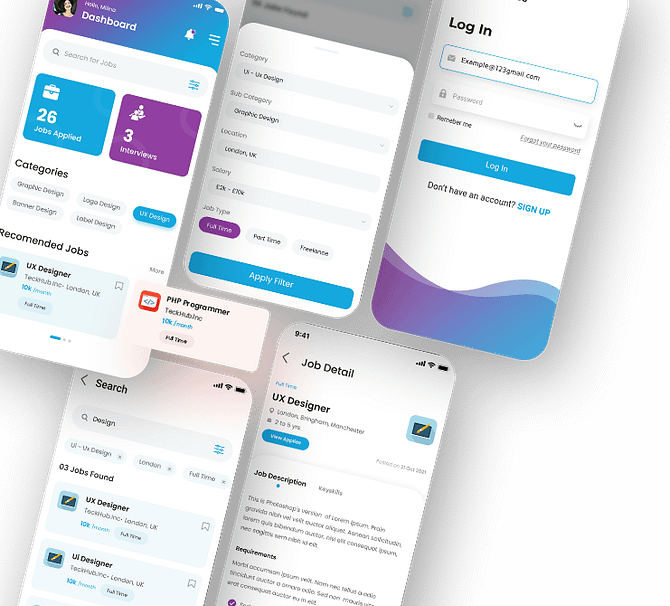In today’s interconnected world, mobile apps are indispensable for users and businesses alike. From banking to healthcare and e-commerce, these apps handle a vast amount of sensitive data daily. However, with the increasing reliance on mobile applications comes an escalating risk of cyber threats. Reports suggest that 43% of cyberattacks now target mobile applications, emphasizing the need for stringent security measures. For businesses involved in mobile app development in the UK and US, ensuring robust security is not just a necessity—it’s a responsibility.
One striking example comes from a US-based healthcare app that suffered a breach, exposing 1.2 million patient records. The fallout included heavy fines and a loss of customer trust, underscoring the importance of integrating security measures into the development lifecycle. Whether you’re building an app in the competitive markets of mobile app development in the UK or scaling operations in the US, prioritizing security can save you from costly consequences.
The Pillars of Mobile App Security
Effective mobile app security starts with safeguarding the core code. Writing secure code minimizes vulnerabilities, and regularly updating libraries ensures resilience against new threats. A US-based social media app learned this the hard way when outdated code led to a breach impacting millions of users. By implementing secure coding practices and regular audits, they regained user trust and prevented further attacks.
Data encryption is another critical element in protecting user information. Encryption ensures that sensitive data, whether in transit or at rest, remains inaccessible to attackers. For example, a UK fintech app adopted AES-256 encryption for its financial transactions, resulting in a 40% reduction in fraud cases and a significant boost in user confidence. Such measures are integral for businesses seeking to build trust while complying with data protection regulations like GDPR.
Securing APIs is equally important, as they often act as the backbone of app functionality. A prominent e-commerce app in the US implemented encrypted and authenticated APIs, shielding user data from unauthorized access. This proactive approach not only safeguarded sensitive information but also strengthened their reputation as a secure platform for online transactions.

Lessons From Real-World Success Stories
Case studies provide valuable insights into how security measures can shape an app’s success. One compelling example is a UK-based retail app that faced numerous hacking attempts due to weak authentication protocols. By introducing multi-factor authentication (MFA) and biometric logins, they successfully reduced unauthorized access by 20%. This simple yet effective upgrade earned them user loyalty and increased engagement.
Another notable case involves a California-based startup offering on-demand delivery services. Initially, they relied on basic cloud storage configurations, which exposed them to risks. Partnering with a professional mobile app developer helped them implement secure cloud practices, protecting customer data and enhancing operational efficiency. This collaboration highlights the importance of working with experts like Invoked Digital, who understand the nuances of mobile app development in the UK and US markets and can tailor solutions to business needs.
Emerging Trends and Their Implications
The landscape of mobile app development is constantly evolving, bringing new challenges and opportunities. With AI-powered apps gaining traction, ensuring the security of machine learning algorithms has become a priority. Furthermore, the rise of IoT-enabled devices presents unique security challenges, as these devices interact with apps in real time.
Recent trends also point to the adoption of blockchain technology to enhance app security. A financial services app in the UK utilized blockchain for secure payment processing, which not only eliminated fraud but also optimized transaction transparency. These innovations demonstrate how businesses can stay ahead of threats while delivering value to users.
Why Security Should Be a Priority
Investing in mobile app security is more than a technical requirement; it’s a strategic decision that defines the user experience and brand reputation. Secure apps foster trust, leading to higher retention rates and customer satisfaction. Moreover, compliance with regulations like GDPR and CCPA ensures that businesses avoid legal penalties and maintain credibility in competitive markets.
For companies navigating the complexities of mobile app development in the US or scaling operations in the UK, partnering with experienced developers like Invoked Digital can be a game-changer. They combine expertise with cutting-edge technologies to deliver secure, scalable, and user-friendly solutions tailored to diverse business needs.

Conclusion
Mobile app security is an ongoing process that demands vigilance, expertise, and the right tools. By adopting best practices such as secure coding, data encryption, and regular audits, businesses can protect their apps from evolving threats. Case studies from the UK and US illustrate how these measures have transformed challenges into success stories.
As mobile app usage continues to soar, the need for robust security cannot be overstated. Whether you’re an emerging startup or an established enterprise, safeguarding user data ensures long-term success in the digital marketplace. With professional guidance from experts like Invoked Digital, you can build secure apps that meet user expectations and set new benchmarks in the dynamic field of mobile app development.












